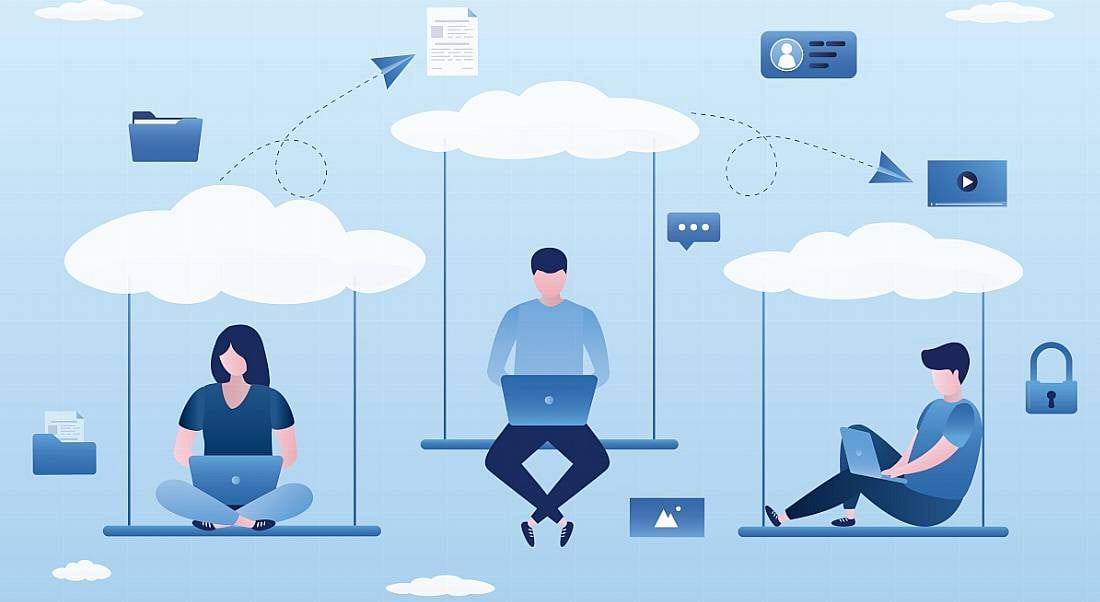Do you work in a café or a co-working hub regularly? Do you use public Wi-Fi networks? You might be putting your information at risk from hackers.
Remote working is great for so many reasons, but a downside is the security risks it poses – if you aren’t careful. If you are careful, however, you should be fine. The problem is that a lot of people don’t seem to be aware of the perils of using public or open Wi-Fi networks to access the internet.
While it might seem convenient that cafes, hotels and other public places have open Wi-Fi that workers can use for free as they sip their coffees, it can be a trap.
If you listen to any cybersecurity expert, they will tell you that the shift to remote working during the pandemic changed worker’s security habits. Of course, workers aren’t only to blame; a Palo Alto survey from 2021 found that 61pc of employers struggled to provide their remote workers with the necessary security support.
Slow learners when it comes to security
Years on from the pandemic, it seems we are still apparently getting to grips with remote working security. As part of our 2024 tech trends forecasting, we heard from cybersecurity experts who spoke of the need for companies to instil the importance of security in all employees no matter where they work or what their role is within the company.
A recent survey by Beyond Identity, a New York-headquartered organisation that specialises in multifactor authentication services for companies, looked at the security habits of more than 1,000 remote workers.
The results of the survey showed that there is a greater need to educate remote workers about cybersecurity and how they can keep their information safe. It also yielded interesting insights on where vulnerabilities lie. For example, iPhone users seem to be more likely to get hacked compared to Android users.
Why people get hacked…
Perhaps unsurprisingly, the finance sector has the most insider threats. This was followed by the retail, professional and business services, health care and information sectors. Workers in the financial sector were among the most likely to travel without telling their employers and they were also more likely to reuse and share passwords – an infosec no-no.
Retail employees, meanwhile, were most likely to use open Wi-Fi networks, while professional services workers were most likely to ignore security warnings. All of these behaviours explain why people get hacked or have their information stolen.
One in five businesses experienced cybersecurity losses of more than $10,000. More than half of the businesses surveyed experienced damages of $1,000 or less.
As well as reusing passwords, ignoring warnings and not encrypting data, another big risk factor for security was using co-working hubs. Workers who used these hubs were the most likely to get hacked – more so than workers who worked at airports, in cars, at the library, in cafes or in another person’s house.
…and how to prevent a hacking
The 10 commandments for good remote working cybersecurity:
- Always encrypt sensitive data.
- Never reuse or share passwords.
- Always use a VPN.
- Never use public Wi-Fi when working with sensitive data.
- Back up your data.
- Update your devices.
- Never ignore security warnings.
- Use multifactor authentication.
- Take extra care if using a company device to complete a personal task and vice versa.
- Ask your employer for cybersecurity training.
Find out how emerging tech trends are transforming tomorrow with our new podcast, Future Human: The Series. Listen now on Spotify, on Apple or wherever you get your podcasts.




